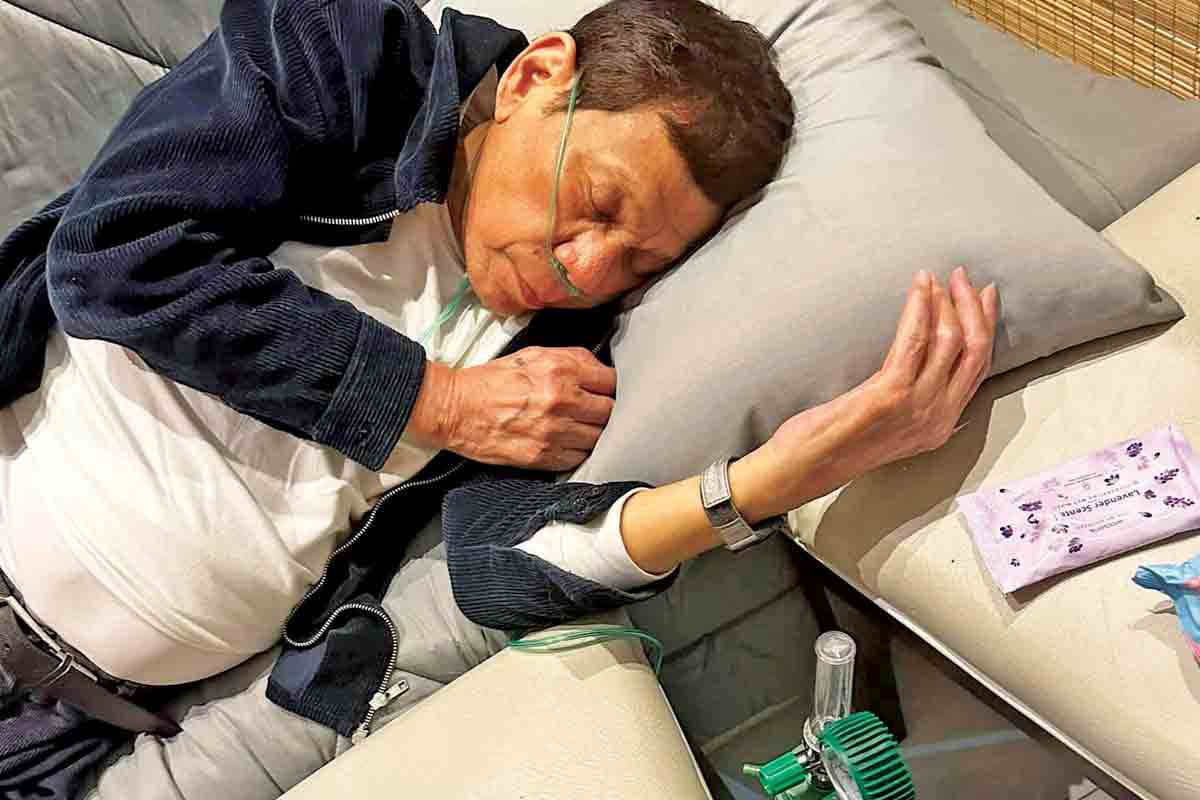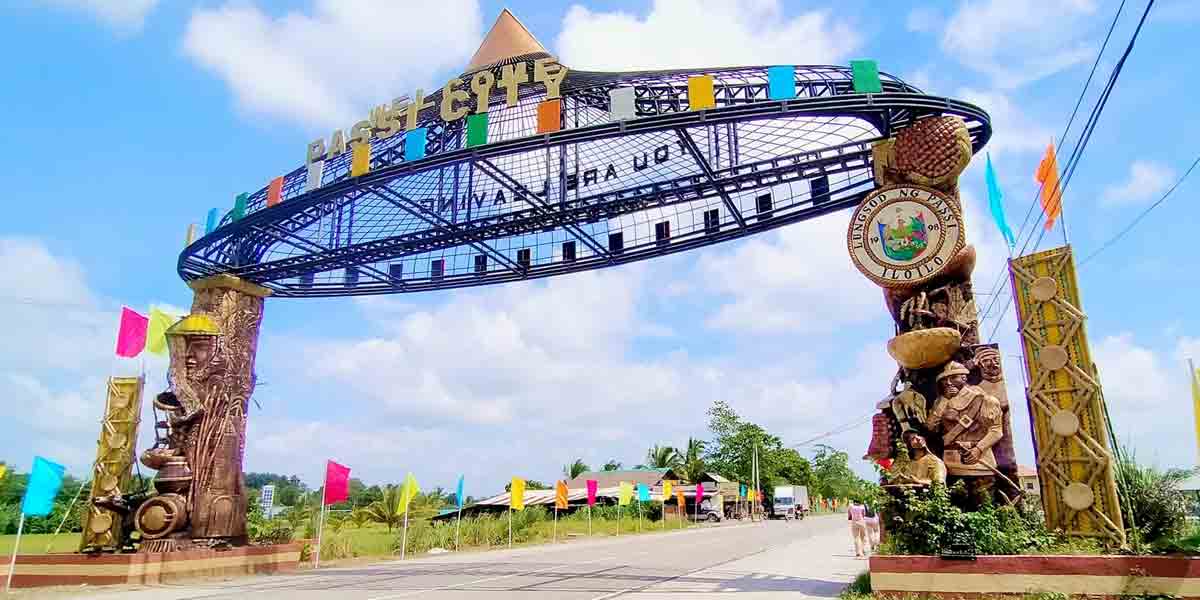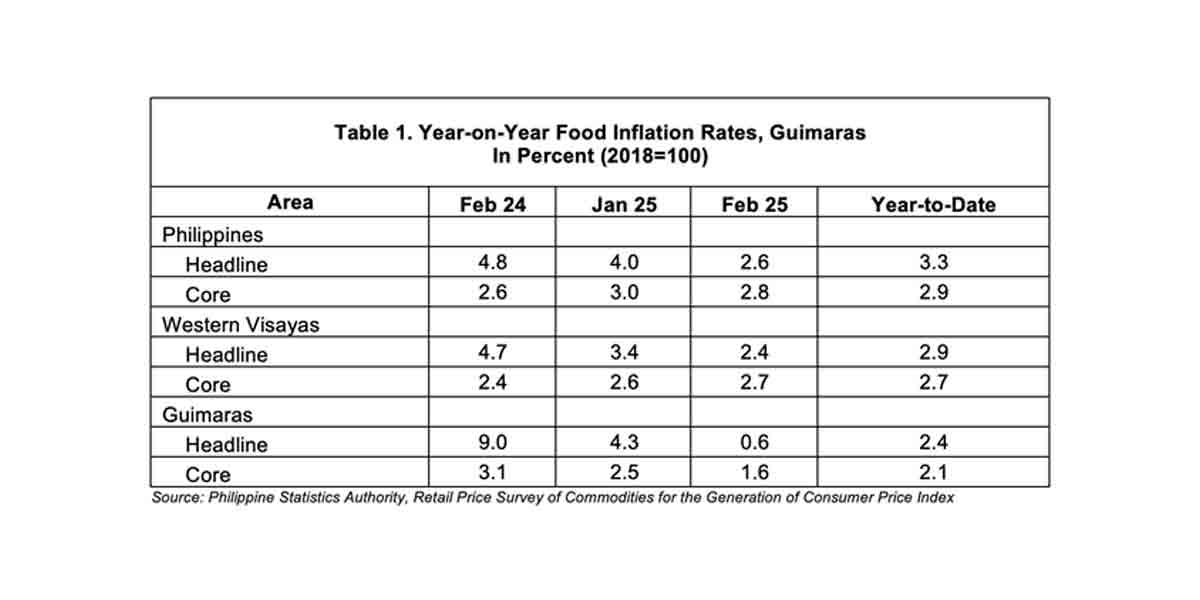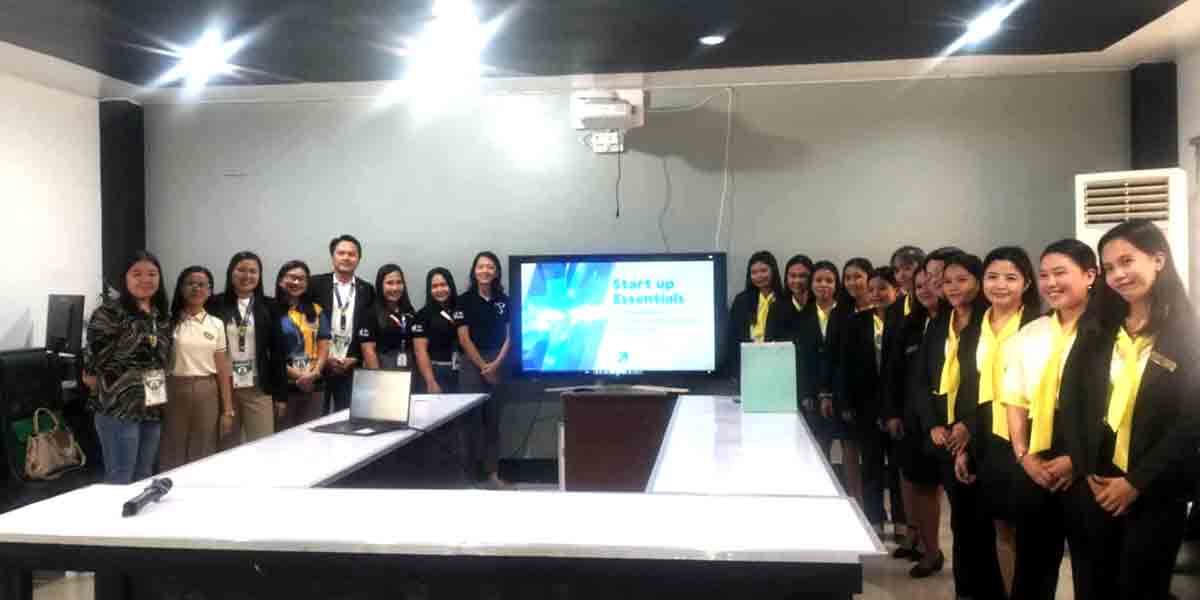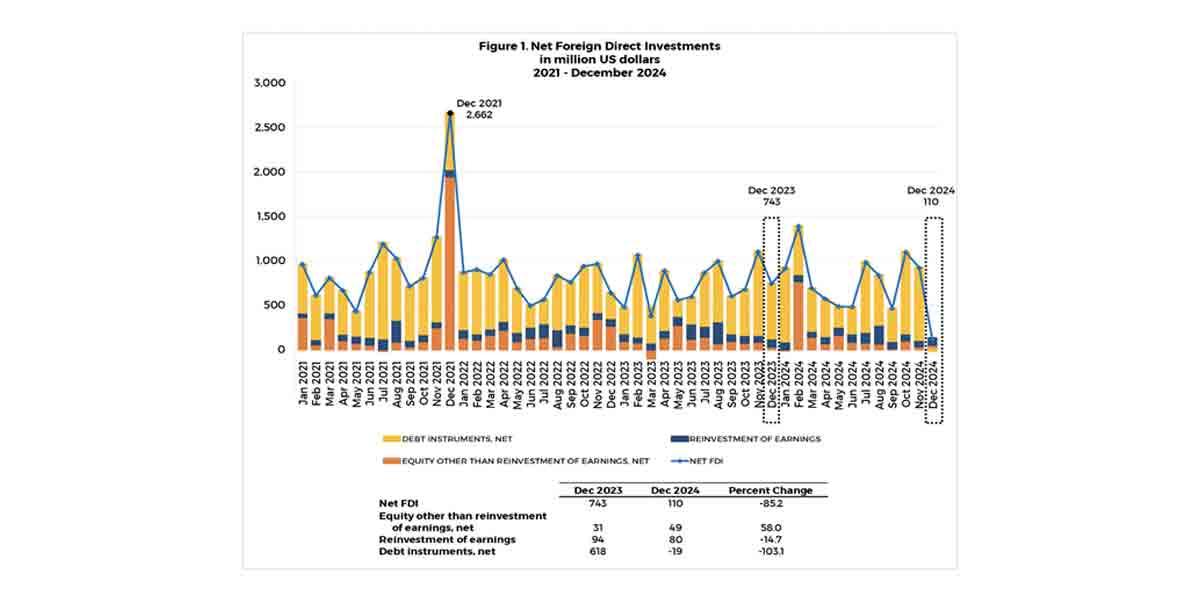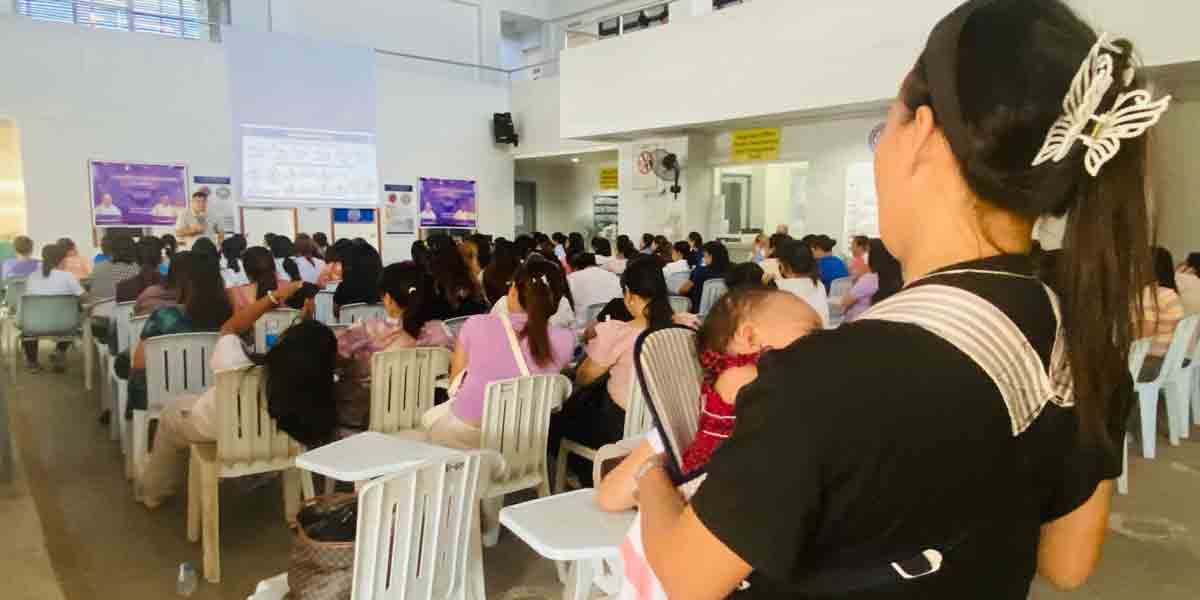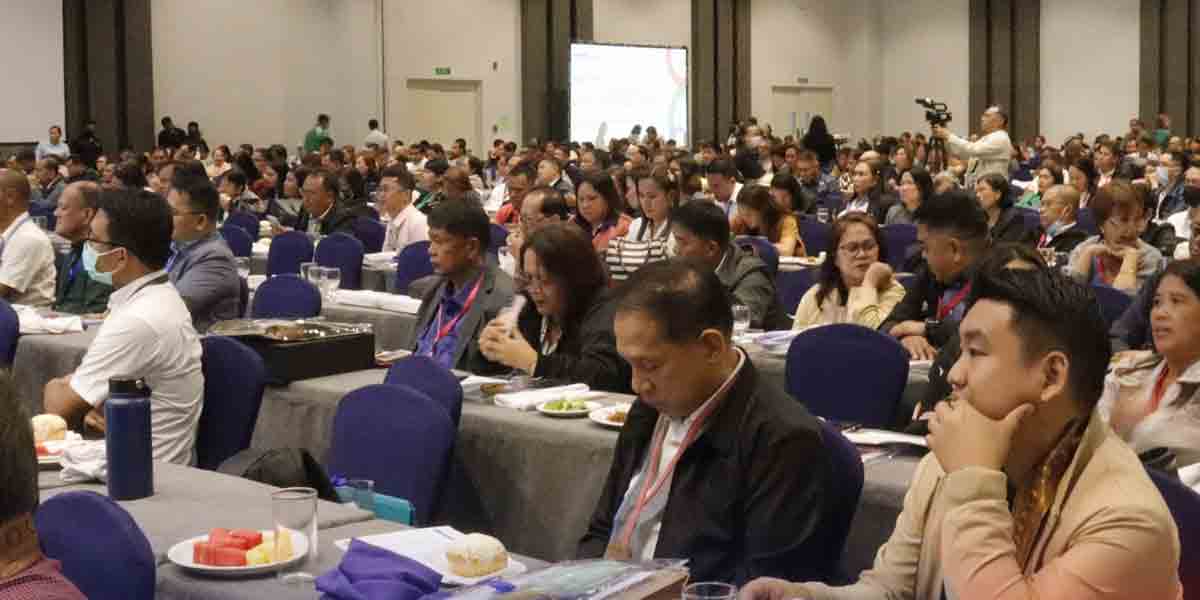
By Jennifer P. Rendon
Around 200 mayors from across the country convened in Iloilo City for the two-day 2024 Local Chief Executives (LCE) Forum on November 20 and 21.
The forum, themed “Sulong: Breaking Barriers for Collective Action Towards Community Resilience and Sustainable Governance Through Community-Driven Development,” was organized under the Department of Social Welfare and Development’s (DSWD) Kapit-Bisig Laban sa Kahirapan – Comprehensive and Integrated Delivery of Social Services (KALAHI-CIDSS) program.
It aimed to engage local government leaders in discussions on community-driven development (CDD) and climate resilience.
This year’s event served as a platform for local executives to present the outcomes of CDD subprojects, evaluate their impacts, and explore future improvements.
Mayors shared best practices and addressed challenges in integrating climate resilience into community development strategies.
The forum highlighted the Philippine Community Resilience Project, “Panahon ng Pagkilos,” which is set to succeed the KALAHI-CIDSS program.
It also sought to raise awareness among mayors about the effects of climate change and to develop strategies for embedding climate resilience into community initiatives.
For over two decades, the DSWD has been implementing CDD programs and remains committed to strengthening collaborations with local government units (LGUs) to advance community development nationwide.
From 2021 to 2024, the KALAHI-CIDSS program provided PHP 6.4 billion in grants, completing 6,607 community projects that benefited over 3.7 million households.
Aside from mayors, the forum included governors and congressional representatives from Luzon, Visayas, and Mindanao, fostering comprehensive discussions on development and resilience strategies.
Advocating for CDD Institutionalization
CDD promotes participation, transparency, and accountability by enabling communities to identify and prioritize their needs.
Through this approach, community members are empowered to take a proactive role in development efforts.
The DSWD is pushing for the institutionalization of CDD through national legislation to ensure sustained implementation.
DSWD Deputy National Program Manager Didith Bosoen said institutionalization would establish policies ensuring maximum community participation.
“It will ensure that programs, projects, and activities directly address the immediate needs of communities,” Bosoen said.
Institutionalization is also expected to maximize capability-building, technical assistance, and resource augmentation for communities.
From 2018 to 2024, 356 LGUs have adopted CDD elements in their governance frameworks through resolutions and ordinances.

